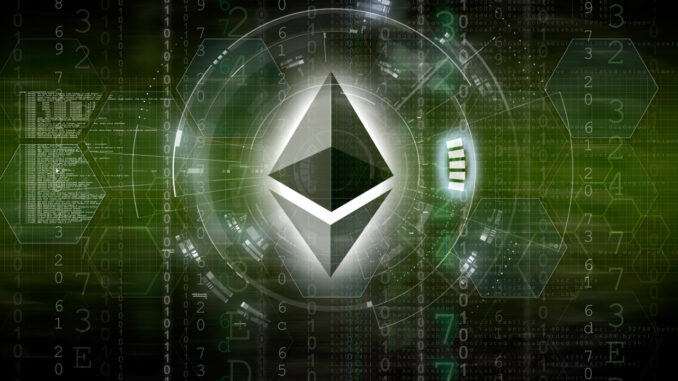
According to a recent Ethereum Core development meeting on Dec. 8, developers disclosed that the next Ethereum hard fork, called Shanghai, could be implemented by March 2023. It’s been suggested that the Shanghai hard fork will be able to manage the network’s staked ethereum withdrawals.
Ethereum Devs Aim for Hard Fork Target ‘Around March-ish’
On Dec. 8, 2022, Ethereum Core developers convened for the 151st developers meeting, and a number of subjects were discussed including Ethereum’s next hard fork. Ethereum’s last major hard fork was The Merge, a significant change to the rules of the blockchain network which made the network change from proof-of-work (PoW) to proof-of-stake (PoS). A hard fork’s change is backwards-incompatible, which means network users are required to update their node software.
At the meeting, developers explained that the next hard fork, called Shanghai, may get scheduled for sometime around March 2023. Shanghai also may address the network’s staked ethereum withdrawals as the community has established importance on the matter. At the time of writing, on Dec. 9, 2022, the Beacon Chain contract has 15,597,175 ether locked into the contract that’s worth roughly $19.88 billion using ETH exchange rates today.
It has been known for a long time now that the ETH is locked into the Beacon Chain contract and it will require a hard fork to access the funds and possibly more than one. Ethereum Core developer Tim Beiko acknowledged that most people and devs wanted withdrawals to take place quickly. “This is clearly the highest priority for everybody,” Beiko remarked. “People seem to generally want a target around March-ish,” Beiko added.
Developers have also been discussing how to improve Ethereum’s throughput capacity and Ethereum’s software programmers have introduced the Ethereum Improvement Proposal (EIP) 4844. EIP-4844 deals with concepts like proto-danksharding and shard blob transactions. Both of these concepts leverage technology that’s meant to implement a “new kind of transaction type to Ethereum which accepts ‘blobs’ of data to be persisted in the beacon node for a short period of time.”
What do you think about the latest Ethereum Core developers meeting and discussions about the Shanghai hard fork taking place in March 2023? Let us know what you think about this subject in the comments section below.
Image Credits: Shutterstock, Pixabay, Wiki Commons
Disclaimer: This article is for informational purposes only. It is not a direct offer or solicitation of an offer to buy or sell, or a recommendation or endorsement of any products, services, or companies. Bitcoin.com does not provide investment, tax, legal, or accounting advice. Neither the company nor the author is responsible, directly or indirectly, for any damage or loss caused or alleged to be caused by or in connection with the use of or reliance on any content, goods or services mentioned in this article.






Be the first to comment